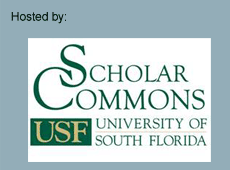Abstract
The 2018 U.S. pivot in information and cyberspace degraded Russian operations in the 2018 election. Following pervasive Russian information power operations during the U.S. 2016 elections, the United States progressed from a policy of preparations and defense in information and cyberspace to a policy of forward engagement. U.S recognition of renewed great power competition coupled with Russia’s inability to compete diplomatically, militarily (conventionally), or economically, inspires Russia to continues to concentrate on information power operations. This great game in cyberspace was virtually uncontested by the U.S. prior to 2017. Widespread awareness of Russian aggression in 2016 served as a catalyst which highlighted the enormity of Russian campaigns and the crippling constraints on U.S. information power. This catalyst pivoted the U.S. from a passive policy of preparations and defense in information and cyberspace to a policy of forward engagement that successfully attenuated Russian efforts in 2018.
By examining information power from theory development and Russian practice to recent reports and primary sources we find that the U.S. demonstrated the capability and willingness to defend forward successfully during the 2018 elections. Going forward, the U.S. must continue and expand efforts to contest cyberspace and counter disinformation to secure our democracy and the U.S. 2020 presidential election.
DOI
https://doi.org/10.5038/2378-0789.4.2.1076
Erratum
Format corrections (various)
Recommended Citation
Schafer, Joseph H.
(2020)
"The Influence of Information Power Upon the Great Game in Cyberspace: U.S. Wins Over Russian Meddling in the 2018 Elections,"
Military Cyber Affairs: Vol. 4
:
Iss.
2
, Article 1.
https://doi.org/10.5038/2378-0789.4.2.1076
Available at:
https://digitalcommons.usf.edu/mca/vol4/iss2/1
Included in
Cognition and Perception Commons, Defense and Security Studies Commons, International Relations Commons, Multicultural Psychology Commons, Public Policy Commons, Soviet and Post-Soviet Studies Commons
